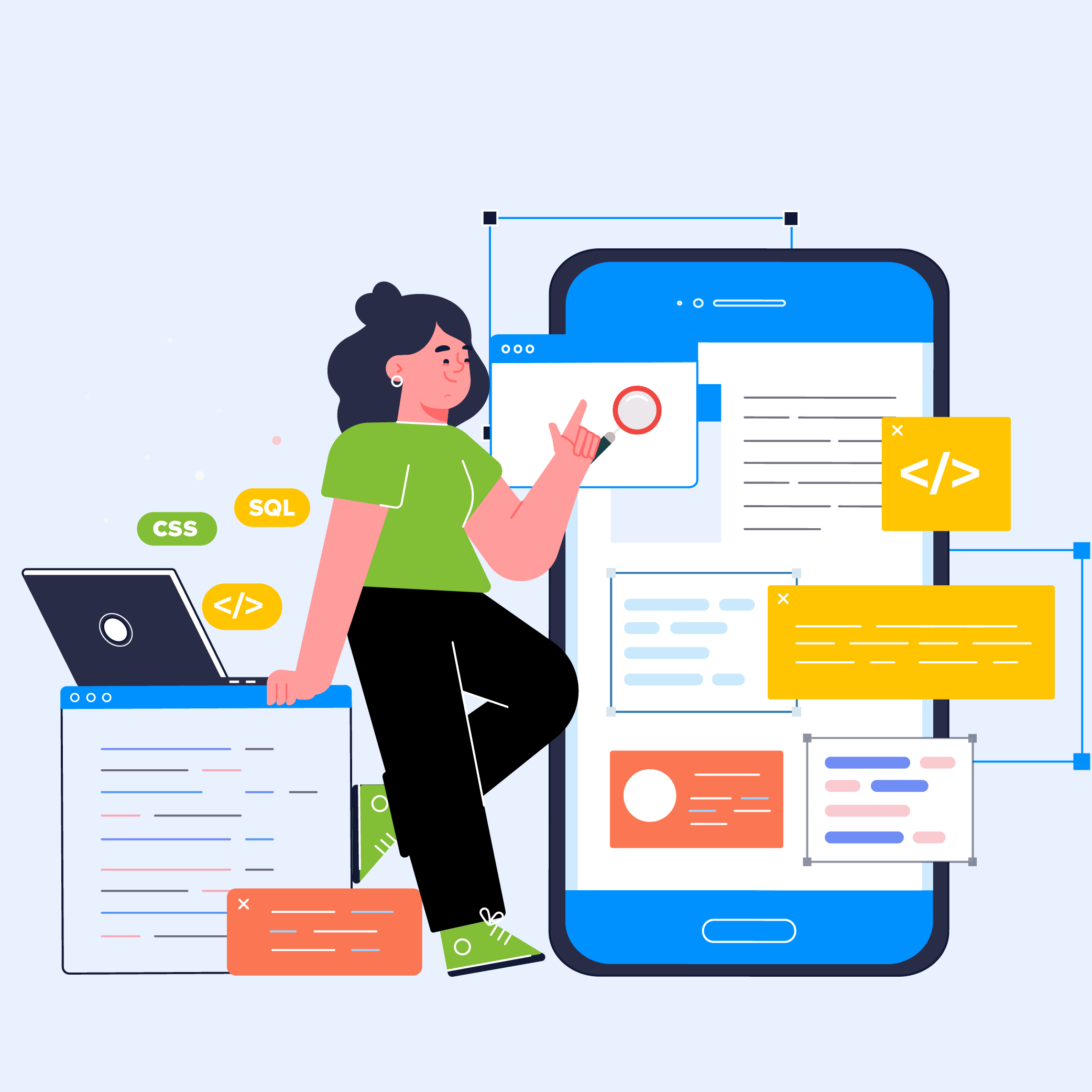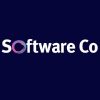From Idea to App: Inside the Mind of a Successful App Developer

The mobile app market is thriving, with millions of apps available for download across platforms like Android and iOS. But what sets successful app developers apart from the rest? It’s not just about coding; it’s about how they think, strategize, and execute their ideas. In this article, we’ll explore the journey from idea to execution, diving deep into the mindset of a successful app developer.
1. The Spark of an Idea: Where App Development Begins
Every successful app starts with a simple idea—an insight, a solution to a problem, or even an improvement on something that already exists. A key element in app development is recognizing opportunities in daily life. Successful developers are keen observers, constantly asking themselves, “How can this be made better?”
The idea stage is about brainstorming and letting creativity flow. However, it’s also crucial to validate your ideas early. This means talking to potential users, researching the competition, and understanding if the problem you’re solving is one that people will pay for.
2. Planning the App Development Process
Once the idea is solidified, the next step is creating a detailed development plan. This is where an app developer’s strategic mindset shines. A successful developer doesn’t jump into coding right away. Instead, they draft a clear roadmap, complete with:
- Feature list: What will the app offer, and how will it work?
- User flows: How will users interact with the app?
- Technology stack: What programming languages, frameworks, and platforms will be used?
Planning is crucial because it helps reduce risks and ensures the development process stays on track. Developers who skip this step often run into roadblocks later in the process.
3. Designing the User Experience (UX) and Interface (UI)
A beautiful design can only take an app so far; what truly makes an app stand out is its user experience. Successful developers focus not just on making their apps look great but also on ensuring they’re easy to use. The app must deliver an intuitive, smooth, and engaging experience.
Key principles that top app developers follow when working on UX/UI include:
- Simplicity: Avoid clutter, keep navigation straightforward.
- Consistency: Ensure the design aligns with the platform’s best practices.
- Feedback: Provide users with clear feedback on their actions (e.g., loading icons or success messages).
Collaborating with talented UI/UX designers is often part of this phase, ensuring that the app not only works well but looks great too.
4. Coding: Bringing the App to Life
After thorough planning and design, it’s finally time to start coding. This is the core technical part of app development, but successful developers approach it with a mindset of problem-solving. They break down the development process into manageable chunks, building feature by feature, testing regularly to ensure everything functions smoothly.
Popular programming languages for mobile app development include:
- Java/Kotlin for Android apps
- Swift for iOS apps
- React Native for cross-platform apps
Experienced developers also keep scalability in mind. They know that as their app grows, it will need to handle more users, and they design their backend systems to accommodate future demand.
5. Testing the App: The Key to Flawless Functionality
Testing is where the rubber meets the road. A successful app developer understands that even the most brilliant code can have bugs or unintended flaws. That’s why thorough testing is essential. Developers will perform various types of testing, including:
- Functional testing: Ensures the app performs its intended functions.
- User testing: Collects feedback from real users to identify usability issues.
- Performance testing: Checks if the app can handle different levels of user activity without crashing or slowing down.
Skipping or rushing the testing phase can lead to poor app performance, negative reviews, and ultimately, failure in the market.

6. Launching the App: A Strategic Approach
Releasing an app isn’t as simple as uploading it to the App Store or Google Play Store. A well-thought-out launch strategy is vital to success. This involves crafting a compelling description, using eye-catching visuals, and having a solid marketing plan in place. Developers also plan for early users by running beta tests, getting feedback, and making adjustments before the full launch.
Additionally, successful developers pay attention to app store optimization (ASO). Just like SEO for websites, ASO helps an app rank higher in search results within app stores. Factors that influence ASO include:
- Keyword-rich descriptions
- High-quality screenshots
- Positive reviews
7. Post-Launch: The Journey Doesn’t End Here
One of the hallmarks of a successful app developer is understanding that launching the app is just the beginning. The real work begins post-launch, as developers gather feedback, fix bugs, and continually update their app based on user needs. The best developers listen closely to their users, track their analytics, and are always looking for ways to improve the app.
App development is not a “set it and forget it” process. Developers need to actively engage in version updates, introduce new features, and improve performance to keep users engaged and satisfied.
8. Monetization Strategies: How Apps Make Money
Creating a popular app is a fantastic achievement, but successful developers also think about how to make their app profitable. There are various monetization strategies available, including:
- Freemium model: Offering the app for free with basic features, but charging for premium features.
- In-app purchases: Allowing users to buy virtual goods or upgrades within the app.
- Ads: Generating revenue through ads displayed within the app.
- Subscription services: Charging users a monthly or yearly fee for continuous access.
Choosing the right monetization strategy depends on the app’s audience, features, and market.
9. Staying Ahead: Continuous Learning and Adaptation
The mobile app industry is constantly evolving. Technology, user preferences, and app store policies are always changing. The most successful developers are those who embrace continuous learning. They stay up-to-date with the latest trends, attend industry events, and regularly update their skills.
Whether it’s learning a new programming language or understanding the latest UI/UX trends, top developers never stop improving. This mindset of adaptation is crucial in such a dynamic industry.
10. Case Studies: Real-World Success Stories
To truly understand the mind of a successful app developer, let’s look at some real-world examples:
-
Instagram: Initially built as a simple photo-sharing app, Instagram’s success is largely due to its focus on user experience and continuous updates. It started with just a few filters and has grown into a global platform for media sharing and e-commerce.
-
WhatsApp: The creators of WhatsApp focused on simplicity and security. By offering a straightforward, ad-free messaging experience, they amassed billions of users before selling to Facebook for $19 billion.
Conclusion: Turning Ideas into Reality
App development is a complex but rewarding journey. From the initial spark of an idea to post-launch updates, successful app developers understand that their job is never truly finished. They think strategically, plan meticulously, and stay flexible in the face of challenges. Ultimately, the key to success in the app industry lies in understanding user needs, delivering a seamless experience, and continuously evolving.
So, whether you’re a budding developer or an entrepreneur with a great idea, keep in mind that success comes from not just technical skill, but a holistic approach to problem-solving, creativity, and dedication.




